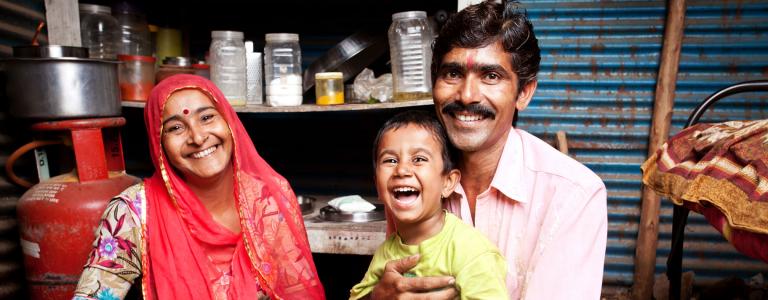Gender Equality
Gender equality and the empowerment of women and girls is critical to achieving sustainable development. For any development effort to be sustainable and effective, it must consider the needs of all people, including those who don’t typically have a voice in decision making.
IISD actively works with governments and other actors to ensure consideration of gender issues in sustainable development policies and investments. We recognize that gender inequalities intersect with other forms of discrimination, requiring systemic change that enables people of all genders – in all their diversity – to realize their rights.
We focus on:
- Addressing gender differences in development needs, opportunities and capacities
- Promoting gender-balanced participation and influence in sustainable development decision-making processes
- Facilitating equitable access to, and control over, resources
- Tracking gender impacts of sustainable development policies and actions
To this end, we provide evidence, guidance, and tools for decision-makers to adopt gender-responsive approaches to policy development and implementation. We partner with like-minded organizations from the grassroots to the global level, working collectively to further the movement for gender equality.
Featured articles

Advancing Gender Equality and Human Rights at COP 29: Why intersectionality matters
There has been resistance to integrating intersectionality language in UNFCCC discussions, but Angie Dazé explains why it is a key step toward climate justice.
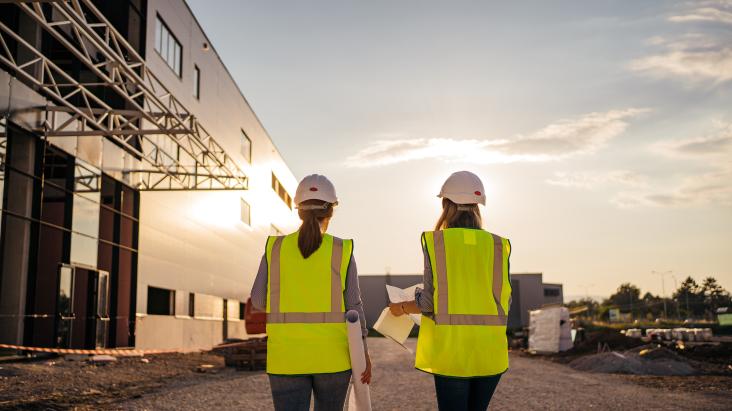
Including Women in Sustainable Reconstruction in Ukraine
While Russia's aggression continues, planning for recovery in Ukraine has already begun. To ensure reconstruction is sustainable, women must be leading participants in the post-war recovery.

Solving the Injustices Caused by Climate Change
"We have to ensure that we give a voice to people who are often considered voiceless in conversations about climate change and climate adaptation."
Research and analysis
Women and the Mine of the Future
A collaborative project to increase understanding of the status quo for women in mining, so stakeholders can anticipate, assess, and address gendered impacts as the sector evolves.
Mainstreaming Gender Equality and Social Inclusion in Nature-Based Solutions for Climate Change Adaptation
Discover tools, recommendations, and case studies on how to plan, design, and implement nature-based solutions for adaptation that advance gender equality and social inclusion while enhancing resilience, biodiversity, and ecosystem integrity.
Gender-Responsive National Adaptation Plan (NAP) Processes: Progress and promising examples
This document is the third in a series of synthesis reports that assess progress on gender-responsive approaches in National Adaptation Plan (NAP) processes at the global level. The progress shown in this report demonstrates the potential of NAP processes as a mechanism for ensuring that climate action addresses gender and social inequalities.
Integrating Gender Considerations into Sustainable Bonds
The purpose of this guide is to stimulate action through a step-by-step explanation of how a gender equality lens can be integrated into all sustainable bond issuances.
Climate Change and Sexual & Reproductive Health & Rights
How can we ensure that climate action works hand in hand with efforts to realize SRHR?
Gendered Impacts of COVID-19 on Artisanal and Small-Scale Mining (ASM)
The report includes cases studies from Zimbabwe, Peru, and the Philippines and outlines some key principles for a more inclusive and equitable sector.
Mainstreaming Gender in Trade Policy: Practice, evidence, and ways forward
Gender-related provisions are becoming more common in trade agreements. To what extent do they help—or hinder—efforts to achieve gender equality?
Gender and Fossil Fuel Subsidy Reform in Bangladesh: Findings and recommendations
The report examines from a gender perspective the impact of kerosene subsidies and their reform in Bangladesh. The report advocates that kerosene subsidy reform needs to be handled with care.
Experts

Angie Dazé
Director, Gender Equality and Social Inclusion for Resilience

Ana Balanean
Policy Advisor, Gender Equality and Social Inclusion

Calais Caswell
Policy Advisor II, Gender Equality and Social Inclusion

Aurélie Ceinos
Senior Policy Advisor, Gender Equality and Social Inclusion
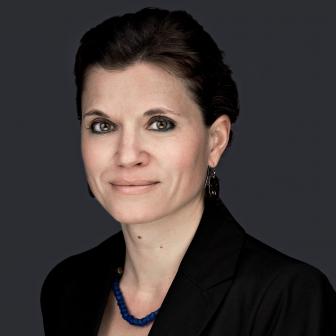
Julie Dekens
Principal Researcher

Cameron Hunter
Policy Advisor

Ege Tekinbas
Senior Policy Advisor, Gender Equity

Amber Shumeng Zhang
Policy Analyst
Latest
You might also be interested in
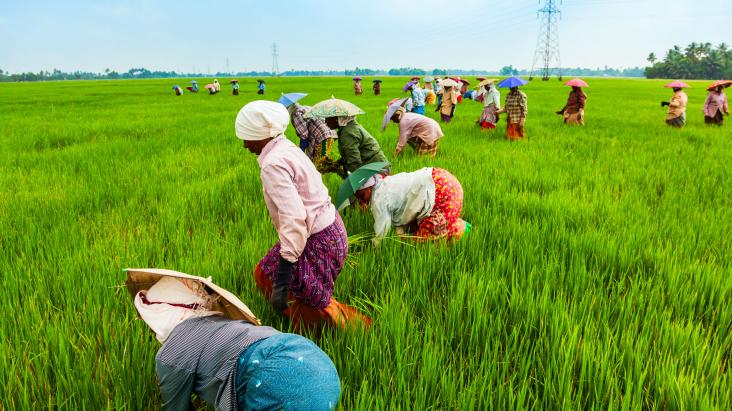
Food and Agriculture
IISD is working to ensure agriculture and food systems advance sustainable development.
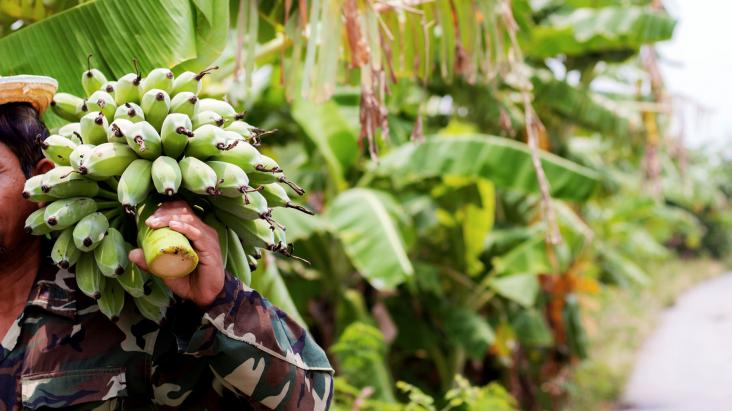
Standards and Value Chains
If designed and used appropriately, sustainability standards can help advance more sustainable production, consumption, and trade.
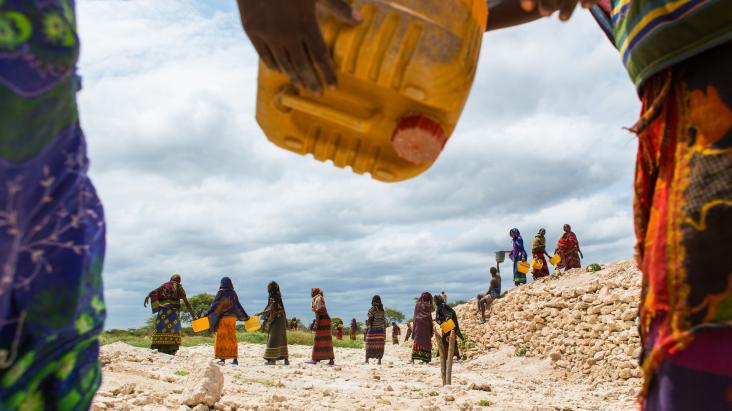
Climate Change Adaptation
As climate risks escalate, we help governments and communities anticipate, cope, and adapt.

Trade
IISD’s work shapes trade policy so it advances sustainable, low-carbon development.

Investment Law & Policy
How can we ensure developing economies attract international investment that promotes sustainable development?

Mining
We work to optimize the benefits of mining and ensure the financial benefits are shared by supporting the development of laws and policies.
